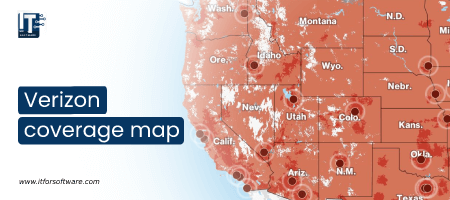
Verizon’s network covers 70% of the United States, which is the most coverage of the four main carriers (a group that also includes AT&T, Sprint and T-Mobile).
Presently 2019 update, Verizon covers the greatest area with 4G LTE coverage, although AT&T and T-Mobile both beat out Verizon on 3G. Although, between 4G and 3G coverage, Verizon does undoubtedly has the widest mobile coverage across the U.S.
Verizon wireless coverage Compared
Verizon simply beats competitors with huge amounts of 4G coverage within the United States. AT&T and T-Mobile’s networks provide a decent breadth of coverage but fall short of Verizon’s 70% nationwide service. Verizon lays claim to a full 43% additional coverage than Sprint.
Here is the 4G coverage breaks down numerically between the 4 majors:
- Verizon: 70% 4G coverage
- T-Mobile: 59% 4G coverage
- AT&T: 58% 4G coverage
- Sprint: 27% 4G coverage
Verizon’s 4G network edges out its nearest competitors, T-Mobile and AT&T, by a solid margin.
Note: while Verizon displays a better 4G network than AT&T, Big Blue beats them when it comes to 3G coverage. 3G is the network your phone can fall back to within the absence of a 4G signal. Of course, we’re moving ever more rapidly to the reality of 5G, so soon modern phones will have 3 classes of networks to connect to.
Verizon 5g coverage map
Verizon’s 5G coverage map is the strongest of all the top 5 mobile service providers. They boast having service available to more than 326.5 million people, more than 2.56 million square miles, and over 98% of the U.S. population.
There’s no doubt that between Verizon’s proprietary network and its third-party providers, it by far has the widest spread mobile 4G LTE coverage in the nation. Although, like with all coverage maps, nationwide coverage density doesn’t matter unless you’re a frequent domestic traveler. Instead, it is more helpful for users to look at the coverage for their home and work areas and make their wireless provider decision accordingly.
Verizon 3G Coverage Map
When it comes to 3G, Verizon has less coverage than Verizon and a bit less 3G coverage than T-Mobile. However, many users predict that with the industry conversations about the advancement of 5G technology, 3G coverage will matter less and less, acting primarily as fallback coverage when 4G or 5G is not available.
Extending Verizon Wireless Mobile Signal Strength
While Verizon Wireless has wide coverage range covering North America, lots of Verizon users find that due to buildings, trees, or mountains interfering with signals, their signal may be poor than they expected. In these situations, a signal booster can help improve Verizon coverage and speed.
If you have 1 or 2 bars of coverage in your home, workplace, or vehicle, or find that your signal is unreliable or slow, you may consider investing in a mobile signal booster. Explore cell signal boosters for your home, workplace, or for your vehicle.
Verizon Ookla Speed Test
Ookla runs a speed test app where users can run a speed test from their phones. They measured around 3-million unique mobile devices that performed more than 12 million consumer-initiated cellular tests. Ookla Speed Test found that Verizon had the second-fastest overall average download speed of the 4 major carriers, coming in just behind T-Mobile.
Fastest Carriers
- T-Mobile with an average downloads speed of 27.86Mbps
- Verizon Wireless with an average downloads speed of 26.02Mbps
- AT&T with an average downloads speed of 22.17Mbps
- Sprint with an average download speed of 20.38 Mbps
Verizon MVNO’s – A Mobile Virtual Network Operator (MVNO) is a smaller carrier that piggybacks off one or more of the four big networks, i.e. AT&T, Verizon, Sprint and T-Mobile. MVNOs offer the same coverage as the majors with generally lower prices. Verizon has the best coverage within the country with the higher costs to match. If you want to be with America’s largest carrier but skip the costs, check out MVNOs that run on their network.
Verizon 5G – At the moment, only Verizon customers with either above or Beyond Unlimited plans can sign up for 5G service, which costs an extra $10/month. This fee is waived for people who buy a new Samsung Galaxy S10 5G or a new Motorola Moto Z4, though this is likely a temporary discount.
Note that the Moto Z3 and Moto Z4 (and this summer, the Moto Z2 Force) require the 5G Moto Mod to hook up to Verizon’s 5G network. The 5G Moto Mod cost around $199, and can be easily available in Verizon online or retail stores, and needs proof of ownership of a compatible Moto phone, at least for now.
INDIANAPOLIS AND LOS ANGELES 5G COVERAGE
Verizon 5G coverage maps don’t yet exist for Indianapolis or Los Angeles, so it’s not clear where, exactly, the service works. Although, you can enter your address on the 5G Home website to check yourself.
Verizon 5G Home Plan Details
What you are paying for Verizon’s 5G Home plan simplyrelies on whether or not you already have a Verizon Wireless account with a smartphone data plan.
- $50 /month if you’re a Verizon Wireless customer
- $70 /month if you’re signing up with Verizon for the first time
Regardless of how much you pay for 5G Home, these are a few of the perks you’ll receive upon signup:
- Free service for the first three months
- Free hardware to connect to the 5G network
- Free installation of the hardware as well as free activation for your new 5G plan
- Free hardware upgrades for the first year
- Free YouTube TV subscription for the first 3 months only
- Free Google Chromecast Ultra or Apple TV 4K
- Free Wi-Fi extenders if required
The above perks are relevant for early adopters in the cities mentioned above but they might not feature future Verizon 5G users can expect.
Here are few other features you get when you sign up for Verizon’s at-home 5G service:
- Unlimited data usage (no data caps)
- No bandwidth throttling
- 5G speeds ranging from 300 Mbps to 940 Mbps
- No long-term contracts
Verizon 5G Home Cities
The present list of cities where Verizon 5G Home works is very short, and even within these cities, coverage is limited to particular neighborhoods:
- Sacramento, CA
- Houston, TX
- Indianapolis, IN
- Los Angeles, CA
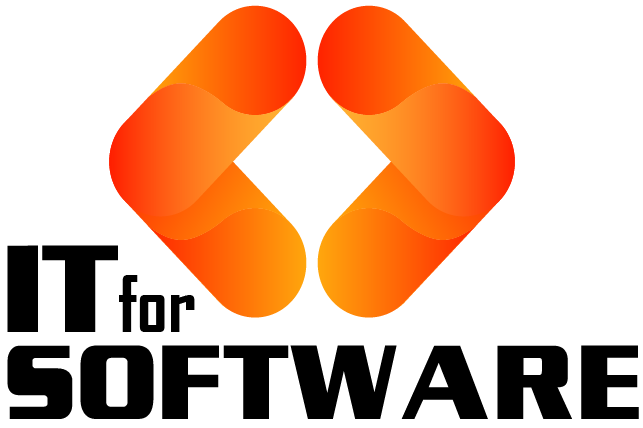

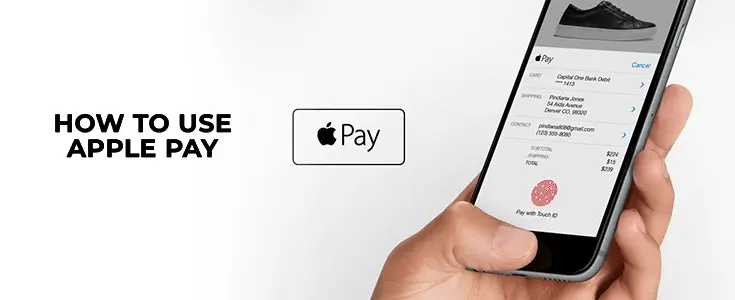
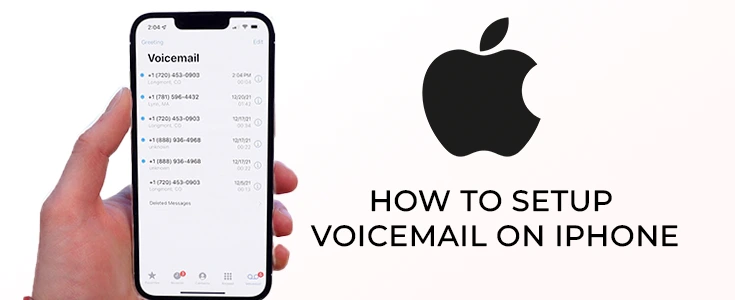
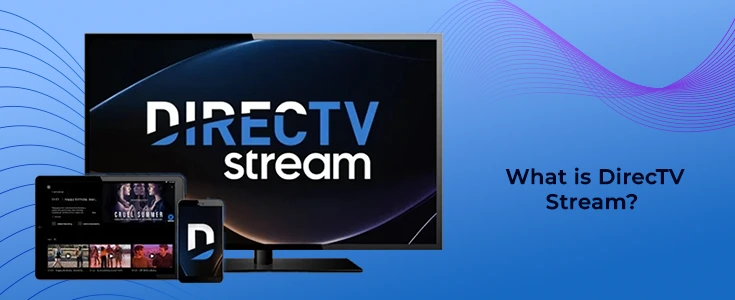
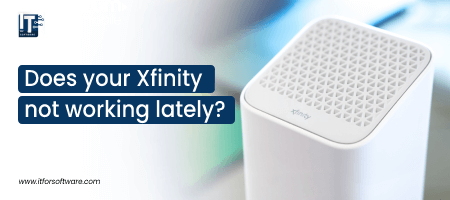
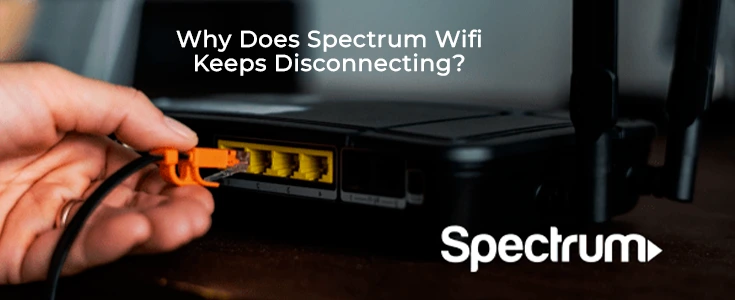

Hi Dear, I'm Meenu, and I've written the posts on this blog. I've tried my best to pack them with helpful info to tackle any questions you might have. I hope you find what you're looking for here. Thanks for sticking around till the end!